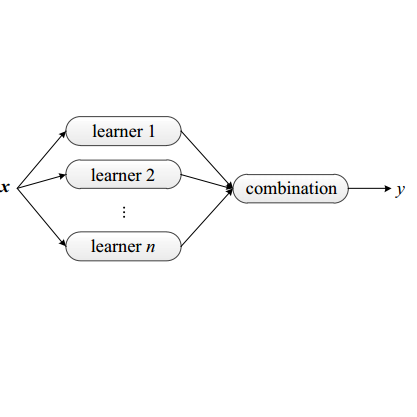This paper presents a follow-up study to OpenAI's recent superalignment work on Weak-to-Strong Generalization (W2SG). Superalignment focuses on ensuring that high-level AI systems remain consistent with human values and intentions when dealing with complex, high-risk tasks. The W2SG framework has opened new possibilities for empirical research in this evolving field. Our study simulates two phases of superalignment under the W2SG framework: the development of general superhuman models and the progression towards superintelligence. In the first phase, based on human supervision, the quality of weak supervision is enhanced through a combination of scalable oversight and ensemble learning, reducing the capability gap between weak teachers and strong students. In the second phase, an automatic alignment evaluator is employed as the weak supervisor. By recursively updating this auto aligner, the capabilities of the weak teacher models are synchronously enhanced, achieving weak-to-strong supervision over stronger student models.We also provide an initial validation of the proposed approach for the first phase. Using the SciQ task as example, we explore ensemble learning for weak teacher models through bagging and boosting. Scalable oversight is explored through two auxiliary settings: human-AI interaction and AI-AI debate. Additionally, the paper discusses the impact of improved weak supervision on enhancing weak-to-strong generalization based on in-context learning. Experiment code and dataset will be released at https://github.com/ADaM-BJTU/W2SG.
翻译:暂无翻译




